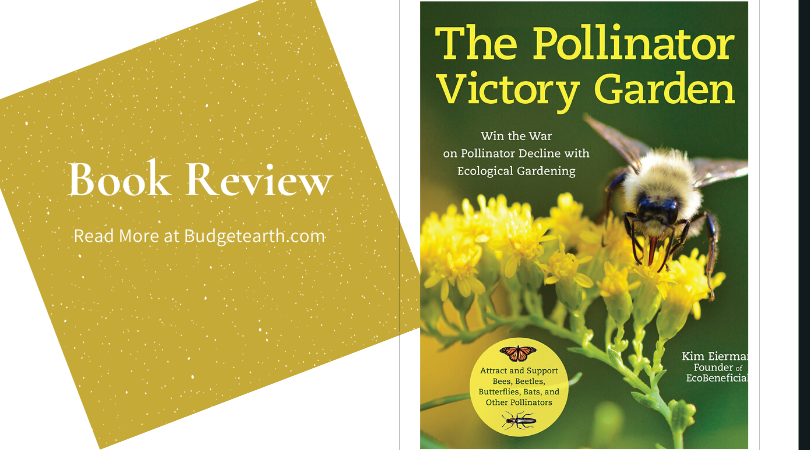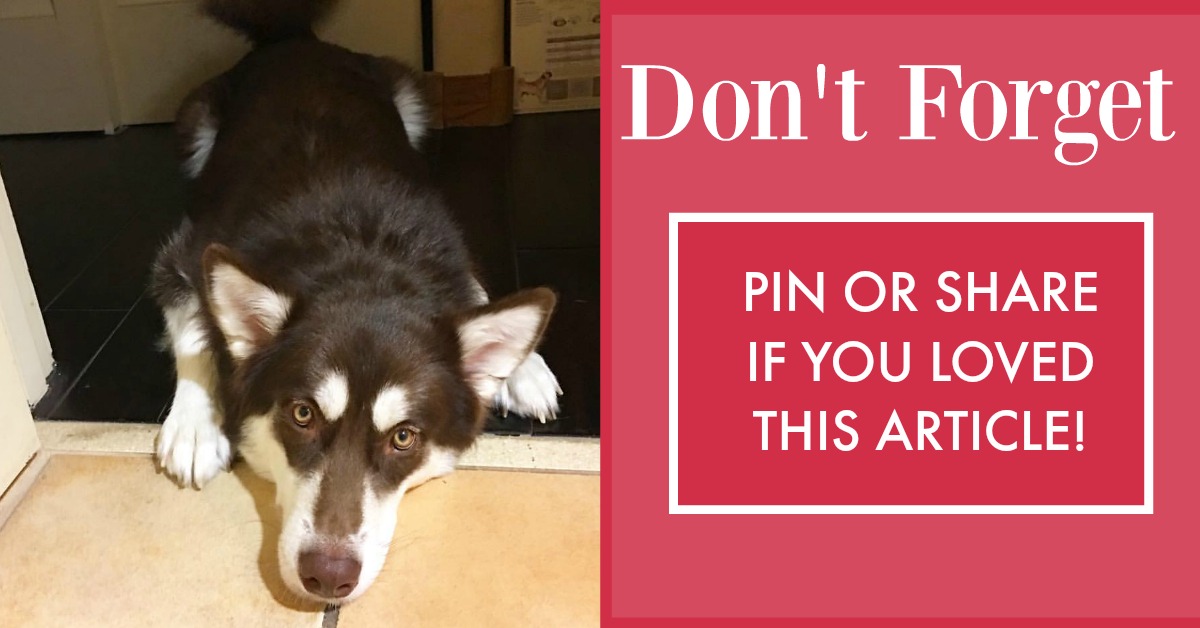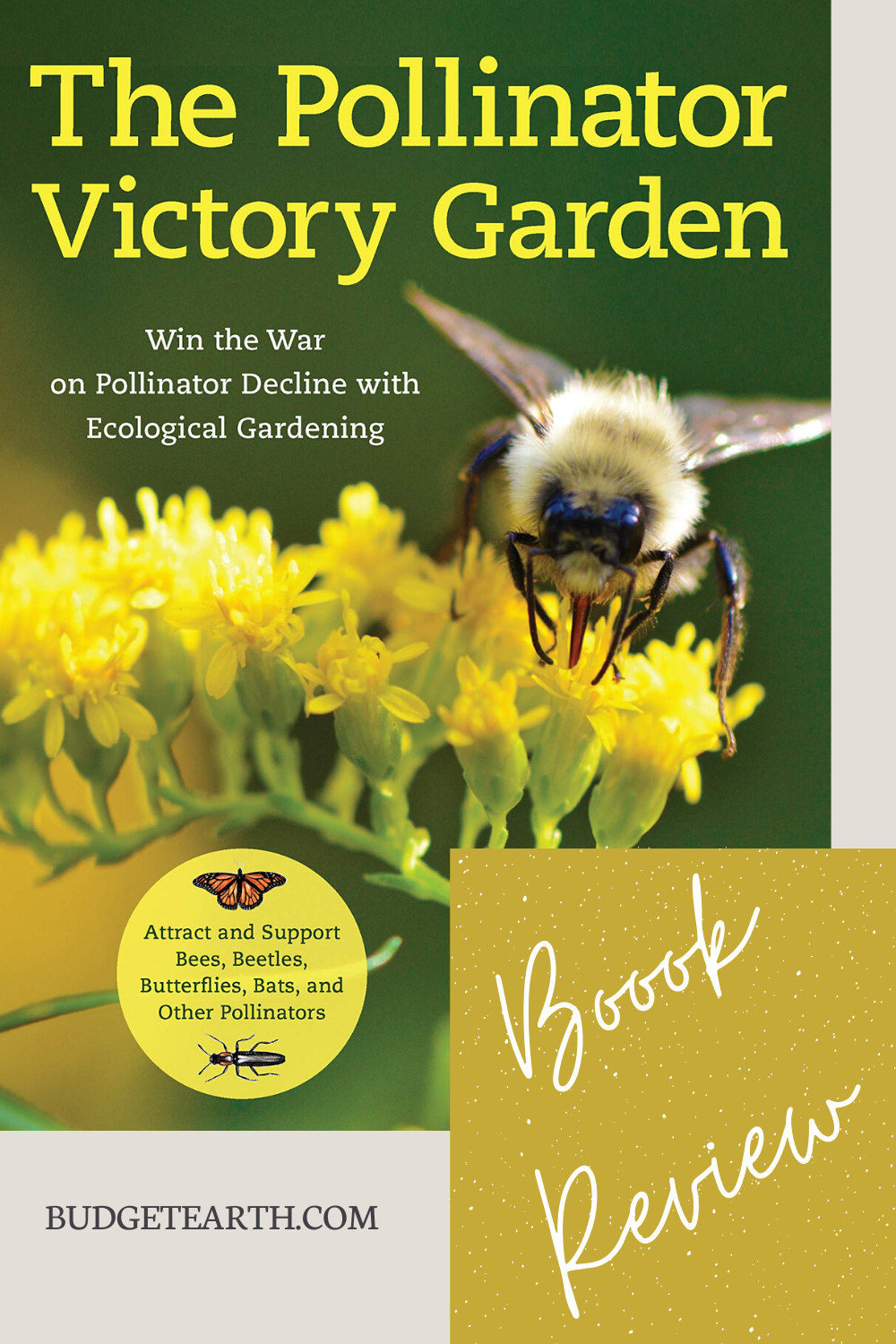

As many of you know, I have been working hard on my own garden this year, having started cultivating plants indoors in March. Some of my vegetables, I actually wish I got started sooner, but almost all of my seeds were delayed due to the coronavirus. While I could be upset about the delays, I am more excited that people are creating their victory gardens. After having had a potted garden for the last two years, it is exciting seeing so many of my neighbors creating their gardens. With so many people creating garden this year, though, it has made me worry about overstressing our pollinators, which have been decreasing year after year with so many people using pesticides for ‘beautiful’ yards. Thankfully, more people are learning that these pesticides are dangerous for our local pollinators and have been working to make their yard more hospitable. Fortunately, I recently had a chance to check ou a new book all about pollinators that I am excited to share with you guys – The Pollinator Victory Garden: Win the War on Pollinator Decline with Ecological Gardening; Attract and Support Bees, Beetles, Butterflies, Bats, and Other Pollinators by Kim Eierman.
The Pollinator Victory Garden: What Is It
Are you looking for a book to help you bring your garden to the next level by attracting pollinators? If so, we think you will love The Pollinator Victory Garden: Win the War on Pollinator Decline with Ecological Gardening; Attract and Support Bees, Beetles, Butterflies, Bats, and Other Pollinators. Here is what the publisher has to say about this new book:
The passion and urgency that inspired WWI and WWII Victory Gardens is needed today to meet another threat to our food supply and our environment—the steep decline of pollinators. The Pollinator Victory Garden offers practical solutions for winning the war against the demise of these essential animals.
Pollinators are critical to our food supply and responsible for the pollination of the vast majority of all flowering plants on our planet. Pollinators include not just bees, but many different types of animals, including insects and mammals. Beetles, bats, birds, butterflies, moths, flies, and wasps can be pollinators.
But, many pollinators are in trouble, and the reality is that most of our landscapes have little to offer them. Our residential and commercial landscapes are filled with vast green pollinator deserts, better known as lawns. These monotonous green expanses are ecological wastelands for bees and other pollinators.
With The Pollinator Victory Garden, you can give pollinators a fighting chance. Learn how to transition your landscape into a pollinator haven by creating a habitat that includes pollinator nutrition, larval host plants for butterflies and moths, and areas for egg laying, nesting, sheltering, overwintering, resting, and warming. Find a wealth of information to support pollinators while improving the environment around you:
• The importance of pollinators and the specific threats to their survival• How to provide food for pollinators using native perennials, trees, and shrubs that bloom in succession• Detailed profiles of the major pollinator types and how to attract and support each one• Tips for creating and growing a Pollinator Victory Garden, including site assessment, planning, and planting goals• Project ideas like pollinator islands, enriched landscape edges, revamped foundation plantings, meadowscapes, and other pollinator-friendly lawn alternatives
The time is right for a new gardening movement. Every yard, community garden, rooftop, porch, patio, commercial, and municipal landscape can help to win the war against pollinator decline with The Pollinator Victory Garden.
The Pollinator Victory Garden: Our Thoughts
If there is one thing I have learned from Pollinator Victory Garden, it is that I knew very little about pollinators. Sure, I learned quite a bit from other books and biology classes, but this book taught me about a variety of pollinators that I had never even considered, such as beetles and even wasps! While we have always been very protective of our hives of local bees, I had never thought that our stream and other wildlife helped other pollinators thrive, especially bats and butterflies. After reading The Pollinator Victory Garden: Win the War on Pollinator Decline with Ecological Gardening; Attract and Support Bees, Beetles, Butterflies, Bats, and Other Pollinators, I am now putting together a list of plants that we can purchase to make our yard even more attractive for pollinators, to help our flowering trees and garden produce even more this year! If you want to learn how to protect your pollinators and make sure they are taken care of throughout the year, I highly recommend getting The Pollinator Victory Garden!
The Pollinator Victory Garden: Where to Purchase
Would you like to purchase this awesome book for yourself or a gardener in your life? You can find The Pollinator Victory Garden: Win the War on Pollinator Decline with Ecological Gardening; Attract and Support Bees, Beetles, Butterflies, Bats, and Other Pollinators on Amazon.com for under $12! Who knew getting pollinators to your garden would be so easy?


We need more bees for sure, nice review.
Thank you! 🙂